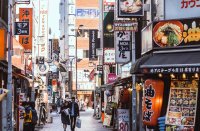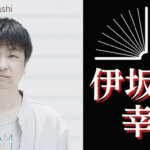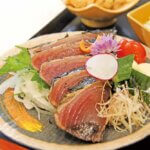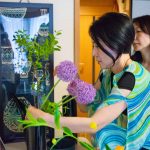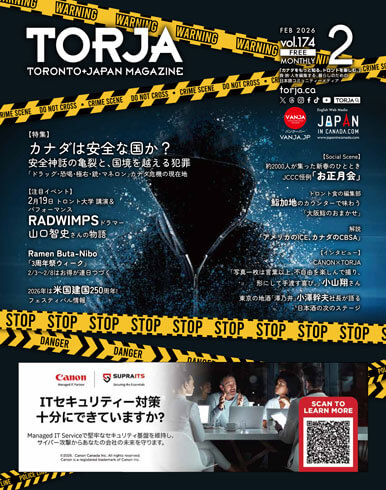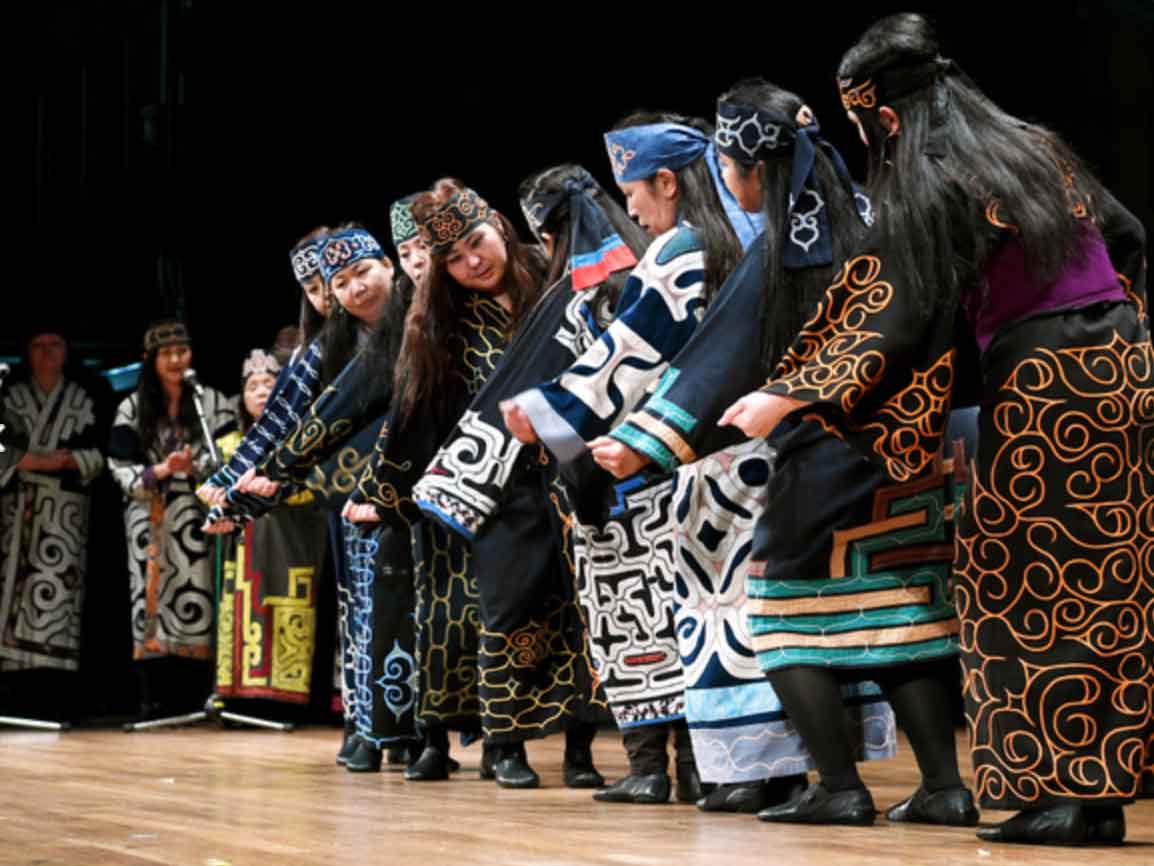
Japan’s commitment to the rights of Ainu people questioned
Members of the Ainu community from Hokkaido had been expecting to showcase their culture to the world in a dance at the Olympic stadium, but they learned recently that the plans had been scrapped. The Tokyo 2020 organizing committee said the performance had been dropped from the ceremony due to “logistical constraints”.
The public broadcaster NHK said that an Ainu ceremonial dance would be included in a cultural exposition at the Tokyo National Museum in March, but Ainu representatives said performers, who had already started rehearsing, had been anticipating an appearance on a much bigger stage.
“Everyone was looking forward to performing at the Olympic stadium,” said Kazuaki Kaizawa of the Ainu Association of Hokkaido, according to Japan Times. Kaizawa said the discussion on the inclusion of an Ainu element in the opening ceremony with organizers began three years ago.
“We are willing to talk to the organizers about how Ainu culture can be represented during the Olympics,” Kaizawa told the Guardian, adding that the Games’ organizing committee had yet to explain its decision. “We’re hopeful something can be worked out.”
“Society was not accepting of the Ainu, and it still isn’t,” said Mai Ishihara, an anthropologist at Hokkaido University. “There are still many people who keep their Ainu identity secret from their children.”
The shameful history of Japan’s discrimination against Ainu
The story of Ainu is a depressingly familiar one. They lived as hunter-gatherers practicing animist beliefs. As Ainu legend claims, they “lived in this place a hundred thousand years before the Children of the Sun came.” Then the settlers swept across their land, brought disease and discrimination and almost wiped out their culture.
They fought a series of unsuccessful wars and rebellions against Japanese domination from the 13th century. In 1868, Hokkaido was formally annexed under Japan’s Meiji Restoration and an 1899 law classified the Ainu as “former aboriginal people.” They were given Japanese citizenship but forced to adopt Japanese names and assimilate. While many Japanese settlers compelled Ainu women to marry them, the Ainu themselves promoted intermarriage to escape discrimination in order to survive. As a result, only a very few pure-blood Ainu are alive today.
‘Vanishing’ people of Ainu
Searchers and conservative Japanese politicians described the Ainu as “vanishing” for decades, says Jeffry Gayman, an Ainu peoples researcher at Hokkaido University, according to CNN.
Today, less then 13,200 people identify as Ainu on the northern island of Hokkaido and only a handful speak of the language. Smaller numbers live on the Russian island of Sakhalin and the disputed Kuril Islands.
Gayman says there might actually be tens of thousands more people of Ainu descent who have gone uncounted due to discrimination, many Ainu chose to hide their background and assimilate years ago, leaving younger people in the dark about their heritage.
Members of the Ainu community continue to encounter prejudice today. According to an article by Japan Times, they are half as likely to attend university as other Japanese. Ainu households can expect to earn significantly less than the national average. In a 2017 survey, over 23% of Ainu people said they had been discriminated against.
In May last year, the Ainu people in Japan took a step out of the shadows with a new bill approved by the ruling Liberal Democratic Party and Komeito party coalition. Parliament passed a law that legally recognized them as Japan’s indigenous people, obliging the government to protect their cultural identity and ban discrimination in employment, education and other areas. The Ainu people were finally recognized as indigenous and discrimination against them was banned.
“It feels like we woke up now from a truly deep sleep,” Tadashi Kato, chairman of the Ainu Association of Hokkaido, told state broadcaster NHK.
“It is significant in that it will lead to building a society where we cohabit together. We think this is the first step.”
“Upopoy” at the National Ainu Museum and Park in Hokkaido in April
Although the Tokyo 2020 organizing committee shamefully dropped the dance by people of Ainu from the ceremony, Ainu representatives hope the opening in April of the National Ainu Museum and Park in Hokkaido, will lead to wider recognition of their history and traditions.
Known as Upopoy or “singing together” in the Ainu language, the $220m facility is part of a drive by the prime minister, Shinzo Abe, to draw more visitors to Sapporo, the biggest city in Hokkaido and now the venue for the Olympic marathons.
The events were controversially moved to Sapporo from Tokyo after the International Olympic Committee acted on warnings about the threat the capital’s searing heat and humidity posed to athletes and spectators.
“We hope people from around the world come to the park, but we also want to see lots of visitors from Japan,” Kaizawa said. “Too many Japanese are still unaware of our existence and our culture.”
Upopoy’s PR event held in Febryary
Source: The Guardian, “Tokyo Olympics: dance by Japan’s indigenous people dropped from opening ceremony”


